Yeah, allergies? They’re the worst. That constant drip, the itchy eyes, the sneezing fit that hits outta nowhere — it’s like your body’s throwing a tantrum over a harmless bit of pollen. And if you’re anything like me, you’re tired of feeling groggy from pills every time spring rolls around.
What if there was a better way? Not a miracle cure — I’m not selling magic — but real, simple things you can try at home that might actually help?
Spoiler: There are.
And today, I’m sharing the ones that work — no fluff, no fake science, just stuff that’s either helped me, helped others, or is backed by legit research. Let’s talk about real relief, real fast.
Why Natural?
Look, over-the-counter meds like equate allergy relief or Benadryl? They work. No doubt. But man, that post-pill drowsiness. That dry mouth. That “why is everything moving so slowly?” feeling. It’s rough.
Sounds dramatic, but it’s real.
Which is why more of us are looking to home remedies for allergies — things like saline rinses, local honey, even green tea. Not because we think they’ll replace medicine, but because they might help us rely on it less.
But here’s the thing: natural doesn’t always mean safe. Just because it’s in your spice rack doesn’t mean it’s harmless. That’s why balance matters. We’re not ditching medicine — we’re pairing it with simple, gentle options from the kitchen and the world around us.
What Works?

I’ve tried more than a few of these. Some, like neti pots, I was skeptical of — “Pour water up my nose? No thanks.” But now? I do it every spring. And guess what? It helps.
So here’s a list of the ones worth trying — and being honest about the ones that are pure hype.
Flush Pollen Out with Saline Spray
Let’s get gross for a sec: your nose collects allergens all day. Dust. Pollen. Cat hair. And if you don’t clean it out, it’s just gonna keep making you sneeze.
Enter saline nasal spray — basically saltwater for your sinuses. You can buy it at any drugstore (like Ayr or Arm & Hammer Simply Saline) or make your own.
Here’s how:
- Mix 1 tsp non-iodized salt + 1 tsp baking soda
- Stir into 8 oz of distilled or boiled (and cooled) water
- Use a spray bottle or neti pot
Do it once a day — maybe at night, to clear out the day’s gunk. Bonus? Using it before you apply a steroid nasal spray helps the medicine stick better.
Some people worry about the “drain-the-spaghetti-down-your-nose” feeling. Yeah, it’s weird at first. But once you get used to it? It’s like hitting reset on your sinuses.
Try Local Honey for Allergy Prevention
Okay, I get it — putting honey on your toast to “beat allergies” sounds like kitchen witchcraft. But hear me out.
The idea: bees pick up local pollen and bring it back to the hive. So raw, local honey might contain tiny, trace amounts of the very stuff that sets your nose off. Over time, your body gets used to it — like a mini allergy vaccine.
Is there solid proof? Not tons. But many people — including me — notice fewer symptoms when they start early in the season.
Important: it has to be raw, unfiltered, and local. The stuff in the grocery aisle won’t cut it. And never give it to babies under 1 year.
Start with a teaspoon a day — stir it into tea, drizzle on toast. Could help. Won’t hurt.
Brew a Turmeric-Honey Tonic
This one’s my personal favorite. Warm water, raw honey, turmeric, and a pinch of black pepper.
Turns out, turmeric contains curcumin — a powerful anti-inflammatory. And for allergy symptoms like sinus swelling and irritation? That’s gold.
Black pepper? It boosts curcumin absorption — smart move.
I drink this every morning in allergy season. Doesn’t cure me, but my constant low-grade congestion? It dropped from “annoying” to “meh, fine.”
Apple Cider Vinegar for Mucus Control?
You’ve seen this one online: “ACV cured my allergies!”
Truth? It’s not magic. But some people find it helps thin mucus and supports immune function.
Here’s how they use it: 1 tbsp raw, unfiltered apple cider vinegar in a glass of warm water — with lemon and honey if you can stand the sour.
Just — be gentle. ACV is strong. It can irritate your stomach or harm tooth enamel. Always dilute it. And if you’ve got acid reflux, skip it.
Green Tea: Nature’s Antihistamine
Here’s one with real science behind it: green tea may act as a mild antihistamine.
According to a review on WebMD, its compounds can reduce histamine release — the very thing causing your sneezing and itchy eyes.
Best part? You don’t need to chug it. One or two cups a day, starting a few weeks before allergy season, might help.
Run a HEPA Air Filter at Night
You can’t control the pollen outside. But you can control your bedroom air.
HEPA filters grab allergens like dust, pet dander, and pollen out of the air. Run one while you sleep, keep your windows closed on windy days, and you might wake up less puffy-eyed.
Do studies always agree? Not quite. But many allergists still recommend them — especially if you’ve got asthma or bad seasonal allergies.
Shower After Being Outside
Pollen clings to your hair, skin, and clothes. If you walk in the house and flop on the couch… congratulations, you’ve just redecorated your living room in allergens.
Quick fix: take a shower, change your clothes. Takes five minutes. Prevents hours of sniffles.
Try it — especially after gardening, hiking, or just walking the dog. Your nose will thank you.
Sip Sea Salt Water for Immune Support
This one’s from an allergist clinic in Arizona — and yeah, it sounds weird.
But unrefined sea salt has minerals that may help reduce mucus and calm inflammation. Some believe a pinch on the tongue, or half a teaspoon in water, can even help block histamine response.
Just don’t use table salt — that stuff’s processed. Try grey sea salt or another mineral-rich version. It’s cheap, easy, and low-risk.
Eat Spicy Foods to Clear Your Nose
Remember that time you ate wasabi and suddenly could breathe? That’s no accident.
Spicy foods — like chili peppers, horseradish, or hot curry — contain capsaicin. It irritates your nasal passages just enough to thin mucus and open your airways.
Is it pleasant? Not always. But if you’re struggling to breathe, a spicy ramen bowl might be the fastest relief you’ll get — no pills needed.
Try Acupuncture — Seriously
Yeah, I was skeptical too. Tiny needles? For allergies?
But here’s the deal: some studies show it can offer modest relief, especially for people with mild symptoms who want to cut back on meds.
Not a cure. But if you’ve got the time and budget, it’s worth a shot. Just go to a licensed practitioner — your cousin’s friend with “energy healing” isn’t cutting it.
What About OTC Meds?
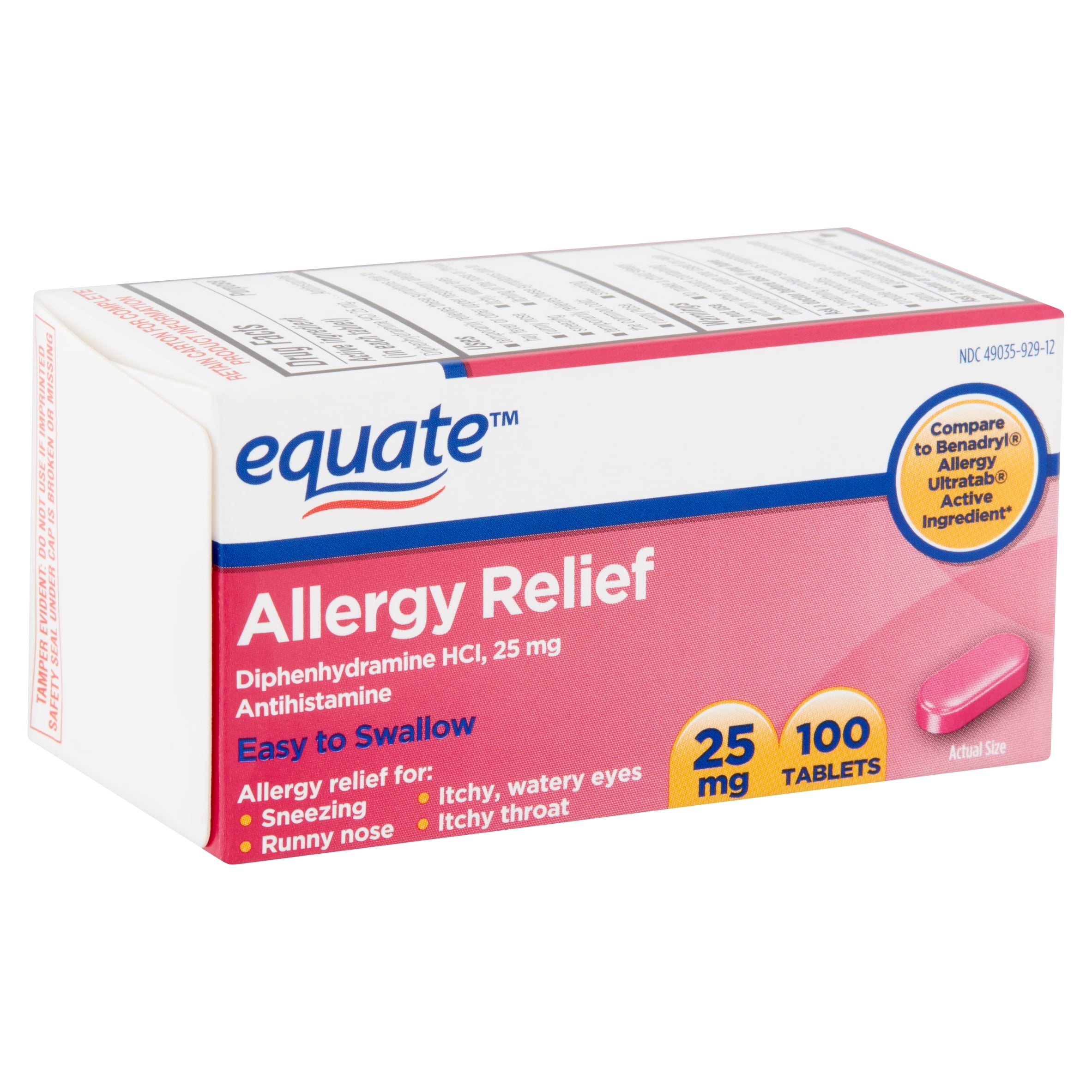
Real talk — sometimes home remedies aren’t enough. And that’s okay. Let’s clear up some confusion.
Is Equate Allergy Relief Same as Benadryl?
Yes — exactly.
Equate allergy relief is Walmart’s store brand. Active ingredient? Diphenhydramine. Same as Benadryl. Same drowsiness. Same relief. Just cheaper.
So if cost matters, go with Equate. But don’t drive or operate heavy machinery after taking it.
Is Rexall Allergy Relief Same as Benadryl?
Most Rexall “Allergy Relief” products also contain diphenhydramine — so yes, basically the same.
But read the label. Some versions mix in decongestants like phenylephrine. That’s a different beast — can raise blood pressure.
Can I Take 2 Advil Allergy and Congestion Relief?
Please — don’t.
Each tablet has ibuprofen (a painkiller) and pseudoephedrine (a decongestant). Doubling the dose means double the risk — stomach bleeding, high blood pressure, heart strain.
Stick to one. Follow instructions. And never mix it with other NSAIDs.
Allergy Relief “Para Que Sirve”?
That’s Spanish for “what is allergy relief used for?”
Answer: to treat symptoms like sneezing, runny nose, itchy eyes, and nasal congestion. But check the active ingredient — because “allergy relief” could mean diphenhydramine (sleepy) or loratadine (non-drowsy).
Know what you’re taking.
Home Remedies for Allergy Eyes
Itchy, watery, red eyes? Ugh. Feels like sandpaper every time you blink.
Here’s what helps — no doctor visit needed (unless it gets worse).
Use a Cold Compress
Grab a clean cloth, soak it in cold water, and lay it over your closed eyes. Instant relief.
Bonus points for using cooled chamomile tea bags — they’ve got anti-inflammatory properties. Plus, they smell nice.
Flush With Artificial Tears
Preservative-free eye drops wash pollen off the surface of your eyes. Use them 3–4 times a day.
Just avoid the “get the red out” kind — they can cause rebound redness if used too much.
Wear Sunglasses Outdoors
Simple. Effective. Blocks pollen from getting in your eyes. And you look cool doing it.
When to See a Doctor
Look — I love natural remedies. But I also love being able to breathe.
If you’re struggling with:
- Constant congestion for weeks
- Difficulty sleeping or breathing
- Face or throat swelling
- Needing OTC meds every single day
…then it’s time to talk to a doctor. Allergies can get serious. And untreated, they can worsen asthma or even trigger anaphylaxis.
According to GoodRx, natural options may help mild cases, but for persistent symptoms, you might need prescription treatments like nasal steroids or allergy shots.
| Symptom | Try at Home? | See a Doctor? |
|---|---|---|
| Occasional sneezing | Yes — saline, honey, filters | No |
| Daily congestion | Yes — as support | Yes — if lasting >2 weeks |
| Swollen eyes or face | No | Yes — urgently |
| Trouble breathing | No | Yes — immediately |
You’re Not Alone
Millions deal with allergies. You’re not weak. You’re not overreacting. It’s not “just a little sniffle.”
It’s your immune system freaking out over something harmless — and that’s exhausting.
But you’ve got options. You’ve got a mix of home remedies, OTC help, and medical care. Use what works. Skip the rest. And don’t feel guilty for needing meds when you do.
Start small. Try one thing this week. Maybe it’s rinsing your nose. Maybe it’s sipping turmeric tea. Track how you feel. See what clicks.
Because the best allergy plan? It’s the one that works for you.
You’ve got this.

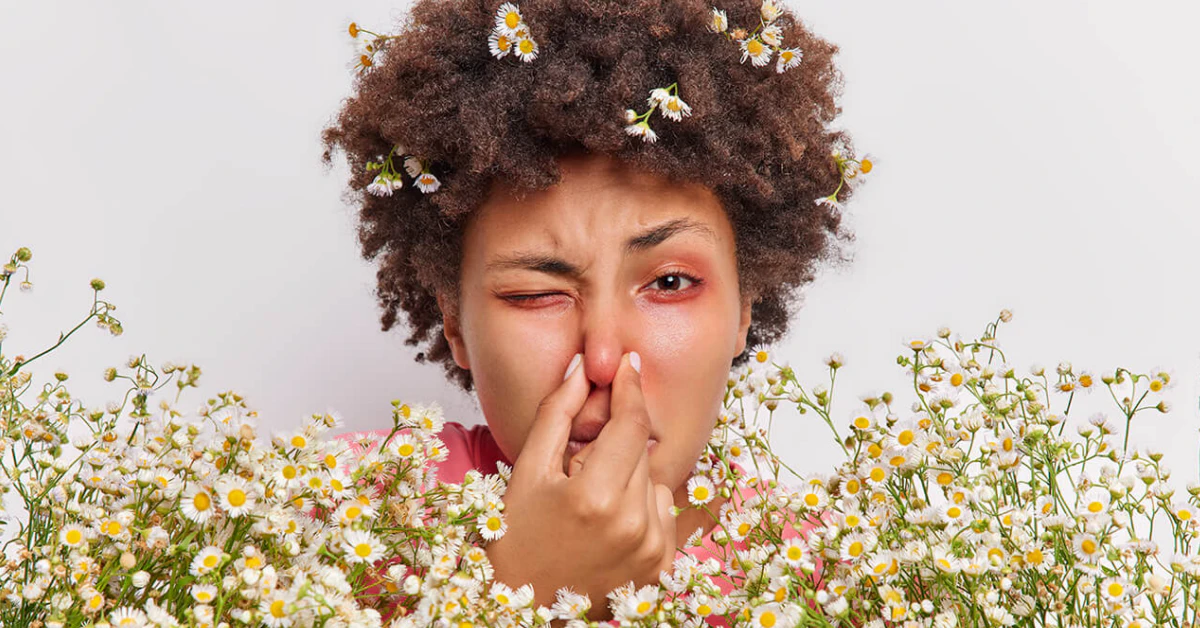
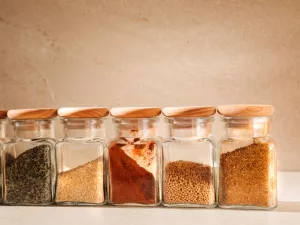


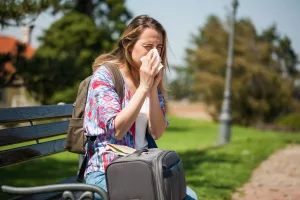



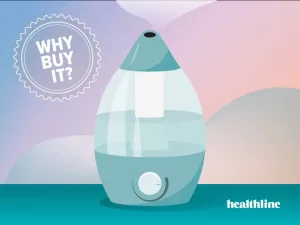










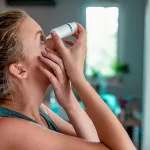
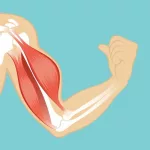



Leave a Reply
You must be logged in to post a comment.